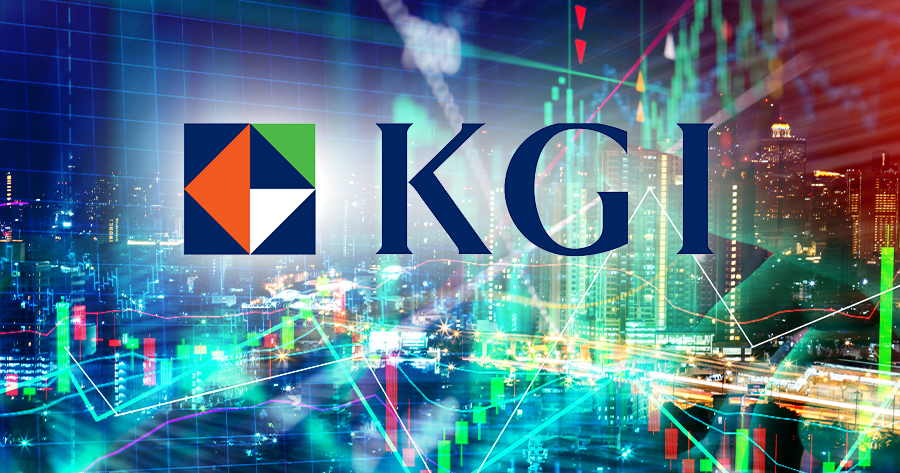Thailand’s SET Index closed at 1,439.89 points, decreased 3.16 points or 0.22% with a trading value of 41.40 billion baht. The analyst stated that the Thai stock market exhibited an initial upward trend in the morning session, only to meet resistance due to profit-taking maneuvers especially evident within the energy and oil refinery sectors during the afternoon session. This activity weighed on the index, dragging it into negative territory, notwithstanding the buying impetus in stocks like DELTA.
Meanwhile, the analyst expected the Thai market to potentially rebound tomorrow, with investors monitoring additional stimulus measures from China and PPI figures from the US.
Thai Prime Minister, Paetongtarn Shinawatra, forecasted that the nation’s economy could see a boost with GDP growth surpassing 3% in the final quarter of the current year and underscored the planned extension of the government’s flagship $14 billion distribution program into its third phase commencing the subsequent year.
OPEC slashed its 2024 oil demand growth prediction down for the fifth consecutive month, with the cut being the largest, anticipating a 1.61 million barrels per day (bpd) increase in global oil demand for 2024, a slight decrease from the previous month’s forecast of 1.82 million bpd.
The organization also revised down its growth projection for 2025 to 1.45 million bpd, lower than the earlier estimate of 1.54 million bpd.
The Swiss National Bank (SNB) surprised markets by slashing its key interest rate by 50 basis points, a significant departure from the 25 basis-point reduction most economists had predicted.
This marked effort to combat stubbornly low inflation and the strength of the Swiss franc only highlights the ongoing struggle faced by the Swiss regulators.
Donald Trump, U.S. President-elect, has extended an invitation to Chinese President Xi Jinping to be present for his inauguration next month. The attendance of a Chinese leader in the U.S. Presidential inauguration would indeed mark a historically unprecedented move, given the geopolitical rivalries between the two global superpowers.
American consumer prices witnessed the most notable rise in seven months during November, but expectations of the Federal Reserve on a third-straight interest rate cut to bolster a softening job market are still in sight.
Over a third of the CPI spike was due to a 0.3% shelter cost hike; a significant contributing factor was a 3.7% leap in hotel and motel room fees. As for food prices, they saw a 0.4% acceleration following a 0.2% increase in October, spurred mainly due to an 8.2% rocketing in egg prices amid the avian flu.





